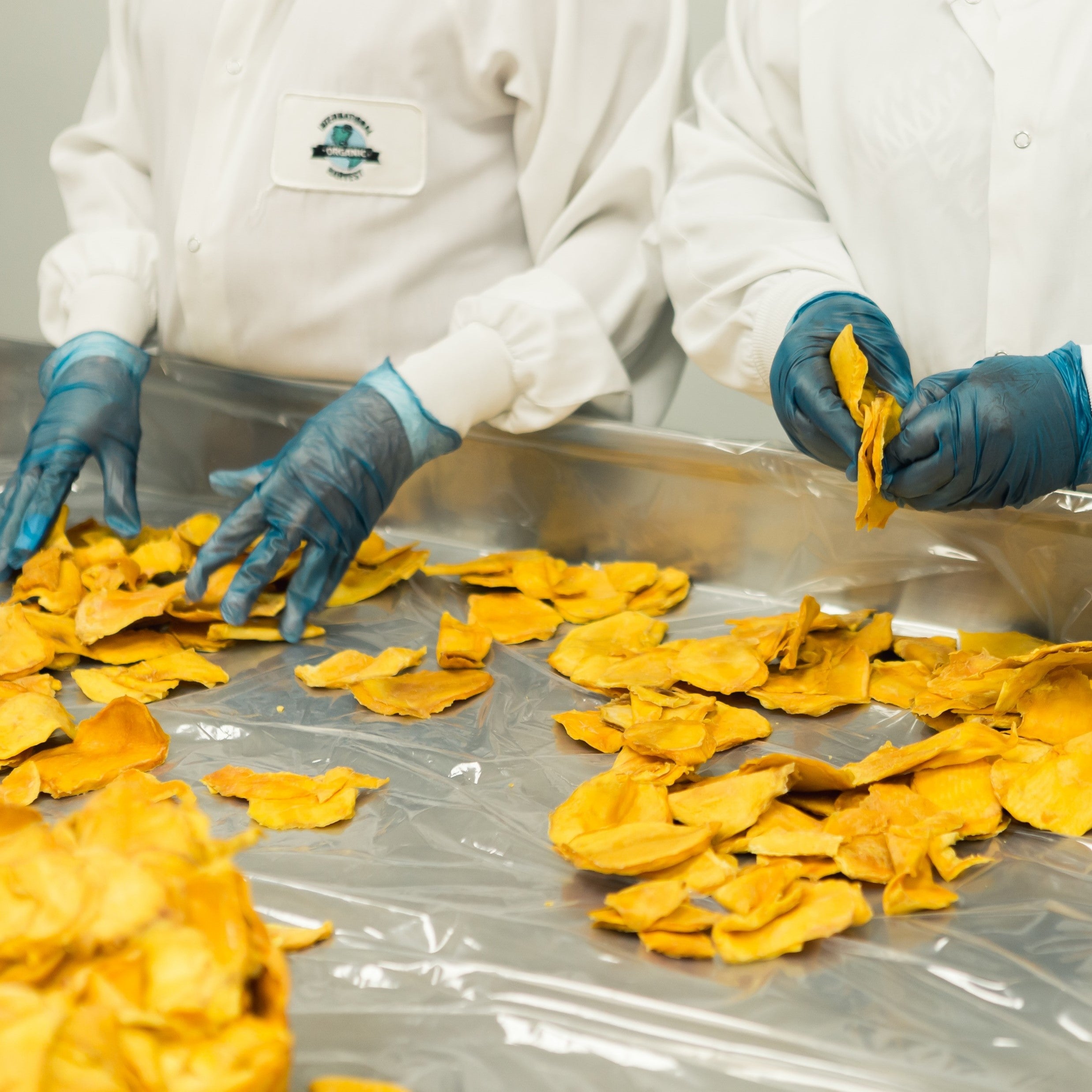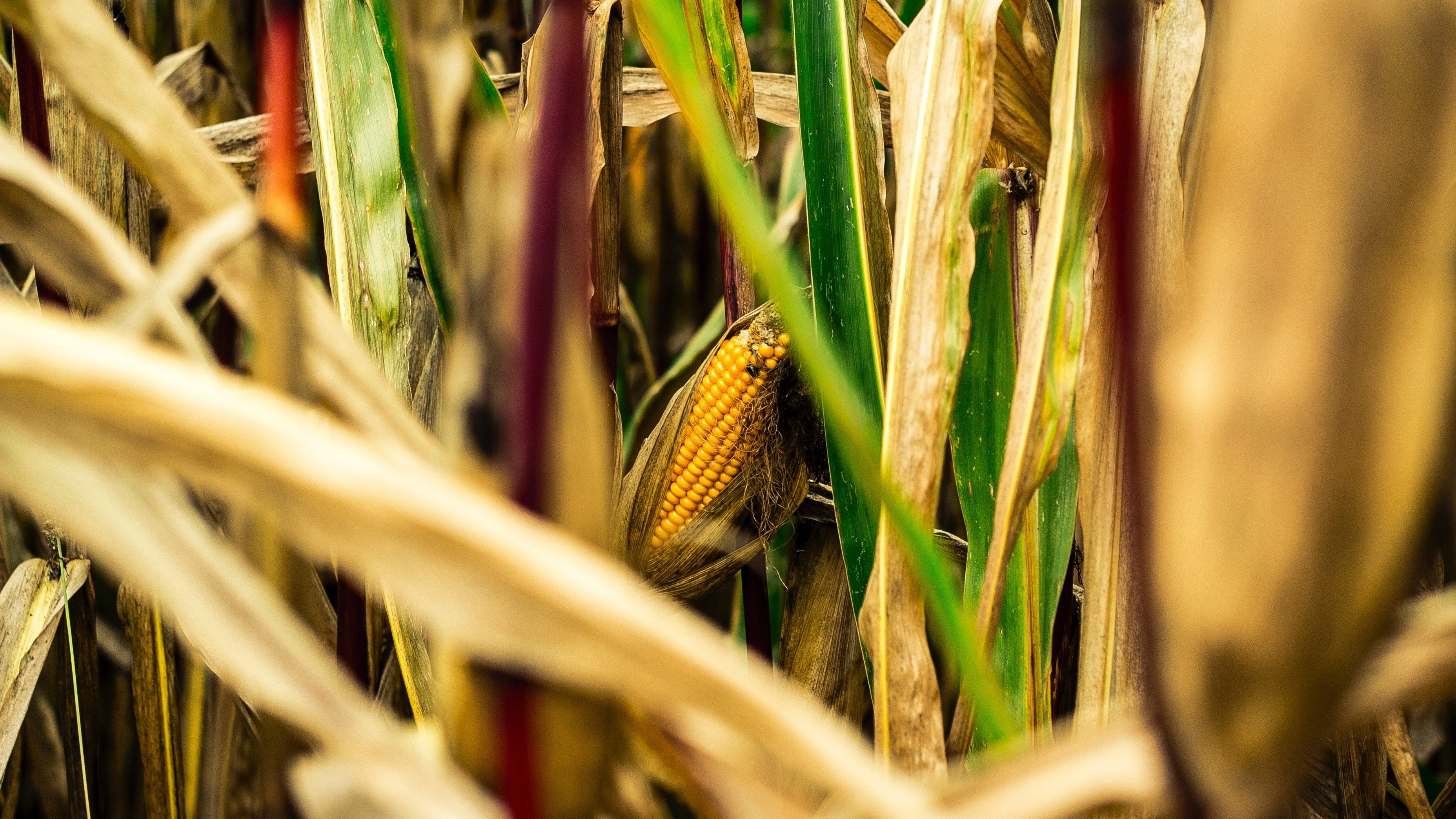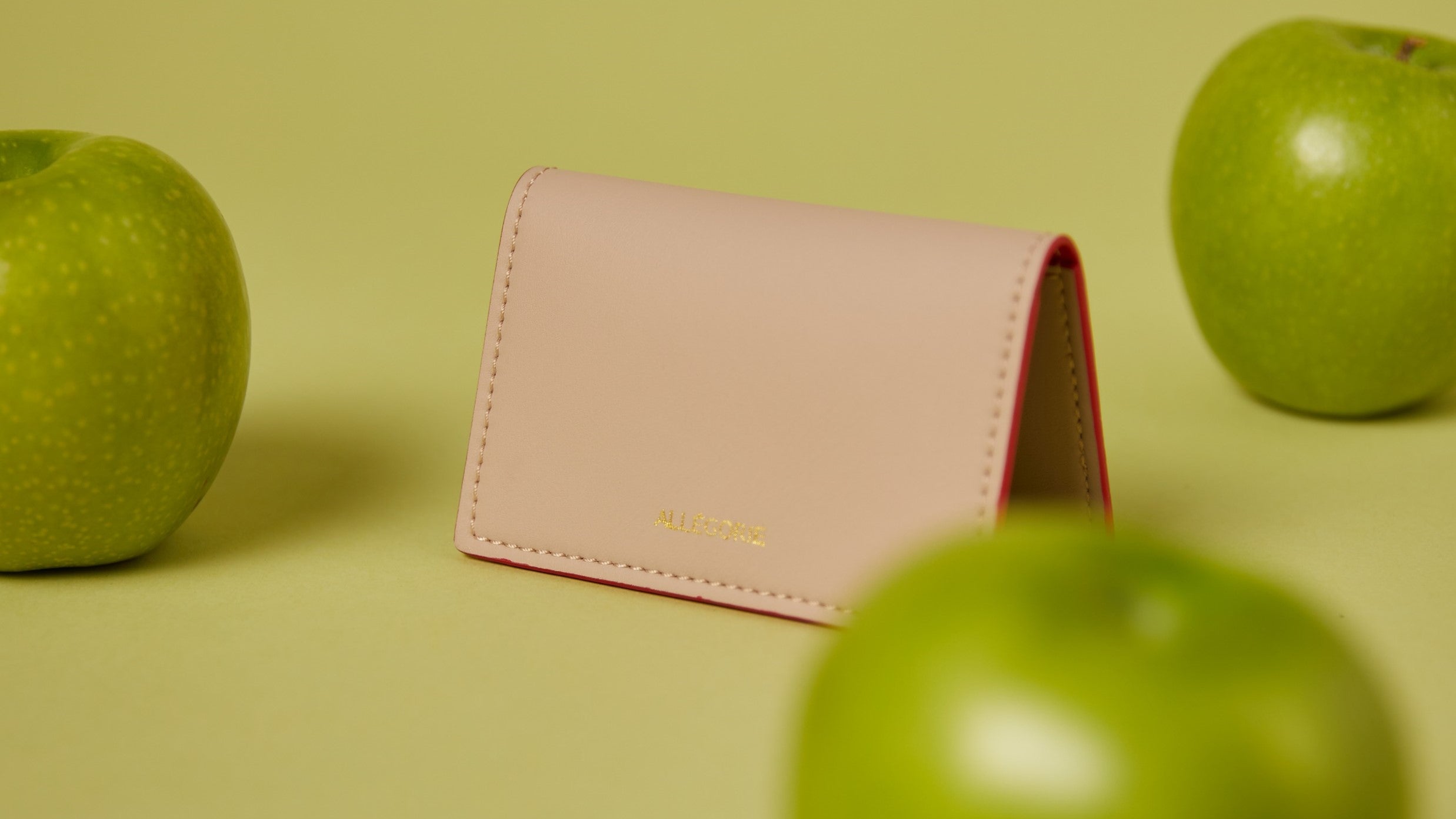
A Candid Conversation with a Food Safety & Quality Auditor
The food you choose and the way you consume it affect our health and that of our planet.
It has an impact on the way agri-food systems work.
So you need to be part of the change.
- Food and Agriculture Organization of the United Nations
Driving food system change is an essential part of Allegorie’s mission to help build a more sustainable future. While there are many big issues around food security and food waste, we decided to talk about something closer to home on this World Food Day.
Our co-founder, Heather, invited her friend Alice W. who is a food safety & quality expert at an international food & beverage company, and asked for her candid opinions on everyday food purchase and consumption.
Small changes can lead to big impact. By talking about, and hopefully clarifying, the common misunderstandings in everyday food consumption, we hope to help you make more informed decisions in your next grocery run, save some money, and build a healthy relationship with your food.
See below the Q&As between Heather and Alice.
H: We have known each other for almost 10 years, and I still don’t quite understand what you do. Can you explain what your job is and what you do on a daily basis?
A: I have worked in the food industry for about 8 years and have been auditing for 6 years. The main scope of my work is to assess, manage and mitigate supplier risk properly, which could be based on supplier’s documentation like 3rd party audit certificate, hazard assessment, and/or food safety plan, etc.
Part of the job includes supplier audits. We are responsible to perform physical audits in the supplier’s facility to evaluate their food safety management system, to ensure they meet all the food safety regulatory requirements, and to determine if their product is fit for use.
H: Physical audits must be very interesting?
A: Yes, It has been quite an interesting experience. For some categories, like fresh produce cutting facility, chicken broth facility, and homemade sausage facility, the process is pretty straight forward, just scaled up from what you and I do in our own kitchens. Others might be hard to imagine if you are not physically there. For example, I was invited to get into a mine during an audit for calcium hydroxide. Another example is to audit a sun-dried tomato supplier to see tomatoes lying on hundreds of wood trays in the drying yard for days to reach a certain moisture level. And to be honest, before I started auditing, I didn't know the difference between cane sugar and beet sugar processes.
H: So you must have seen lots of behind-the-scenes situations. What was the biggest surprise for you?
A: Some food defects are considered as part of the normal process of growing and processing, as long as they remain below a certain level and do not present health hazards to consumers. For example, insect parts are allowed in ground spice, and moldy fruits are allowed in juice, sauce and canned products.
H: Oh no I wish I never heard that…
A: Yes it sounds gross sometimes but it’s like most things, there is always an acceptance level. There are two key aspects of food: safety and quality. Safety always comes first and has the most stringent rules. The biggest priority is to ensure that the food product hitting the market does not present health hazards.
H: What about quality?
A: So this is where things can be more flexible but of course it still has to meet the regulatory requirement. One big thing is that the nutrition levels must meet the label claim in the back of the packaging.
H: So, how does your job affect your grocery purchasing? Is there certain food you will never buy?
A: Well, there’s not a specific food that I would “never buy”, but I would definitely focus more on the ingredient list and nutrition facts label, instead the colorful commercial wording on the front of packages, because the ingredient list and the nutrition facts are much more strictly regulated.
H: Can you elaborate on that?
A: If you are concerned about safety and quality, my first suggestion would be to buy food that has legit seals. As I mentioned, seals are regulated and require the food producer to follow all mandatory regulations from USDA or FDA. Some brands could mislead you by having descriptions that include words like “organic”, “all natural” or “plant-based” etc. but don’t have any legitimate seal certified by USDA or FDA.

If you are concerned about health and nutrition, the nutrition facts table should be your primary focus. The nutrition facts table is strictly regulated, so everything in it should be either required (mandatory) or allowed (voluntary). Calories, carbs, fat, protein, minerals and vitamins, you can find pretty much everything you care about in that table. One red flag, which has already become pretty well-known, is trans fat. High intake of trans fat would pose a potential threat to your health, I would recommend buying packaged food that has been labelled to be 0 trans fat, in the nutrition facts table, not just described in the front of the packaging.
It’s also worth mentioning that “serving size” vs. “servings per container” are sometimes tricky. A family-sized bag of chips may show the nutrition facts based on a serving size of only 8 pieces of chips, and that could be problematic.

Image Source: FDA
There is one product I generally tell friends to avoid. Do not use juice to replace fresh fruit. Liquid form will easily result in overeating. We would not normally eat 4 oranges or 5 apples at once, but with juice, it’s too easy to consume the same amount of calories at once. It’s true that juice is healthier than soda, but I would still not recommend drinking juice unless you are purposely having a high calorie diet.
H: You mentioned that the seals are regulated by USDA and FDA, so would you recommend people to buy food with USDA or FDA certified seals?
A: It depends on your purpose of buying organic food versus non-organic food. The key aspect of regulations on organic food is the process of production including use of certain pesticides and additives, but has no implication on nutritional differences. And for non-organic food, there are still regulations and procedures to ensure, as mentioned before, it does not present health hazards to consumers. Are there cases where things went wrong? Yes, of course, and in both organic and non-organic food categories. So in short, eating organic food is a personal choice. People choose organic food for different reasons. Whether you choose organic or non-organic food, you can still eat in a healthy way.
H: Can you give a few more examples on misleading labeling?
A: One popular thing I noticed are “cage free” and “free range”. If you look at the rules on these, the animal still lives in a confined area and is only required to have access to the outdoors. And unfortunately, “having access” can mean a lot of things in practice. Also, there is no study showing a significant difference in nutrition facts between a “cage free” product and non “cage free” product. It’s worth pointing out that it is more ethical but not as great as the label may suggest.
H: Ok. That’s already a lot to take in. Any final suggestions that we can take away today?
A: When it comes to food, it can be very complicated and confusing. USDA publishes a lot of food guidelines and we can use them as a resource to navigate through those misleading wordings on food packaging.
Personally I think having a healthy eating habit is very important. Ethical concerns, every type of food presents some types of nutrition that our body needs. How to consume it in a healthy way, while keeping yourself happy, matters a lot. Eating deep-fried organic cauliflower everyday is not good for you in the same way as eating deep-fried free range chicken wings regularly. Occasionally drinking a can of soda is fine but drinking it everyday leads to health issues. Food itself is neither good nor bad, the way we consume it is.
H: Thank you very much for your time!
Check out more on how Allégorie fights food waste here.
Disclaimer: Opinions expressed in this article are personal opinions of Alice’s and should not be taken as medical advice. Please consult your doctor if you have any questions about your health and diet.

